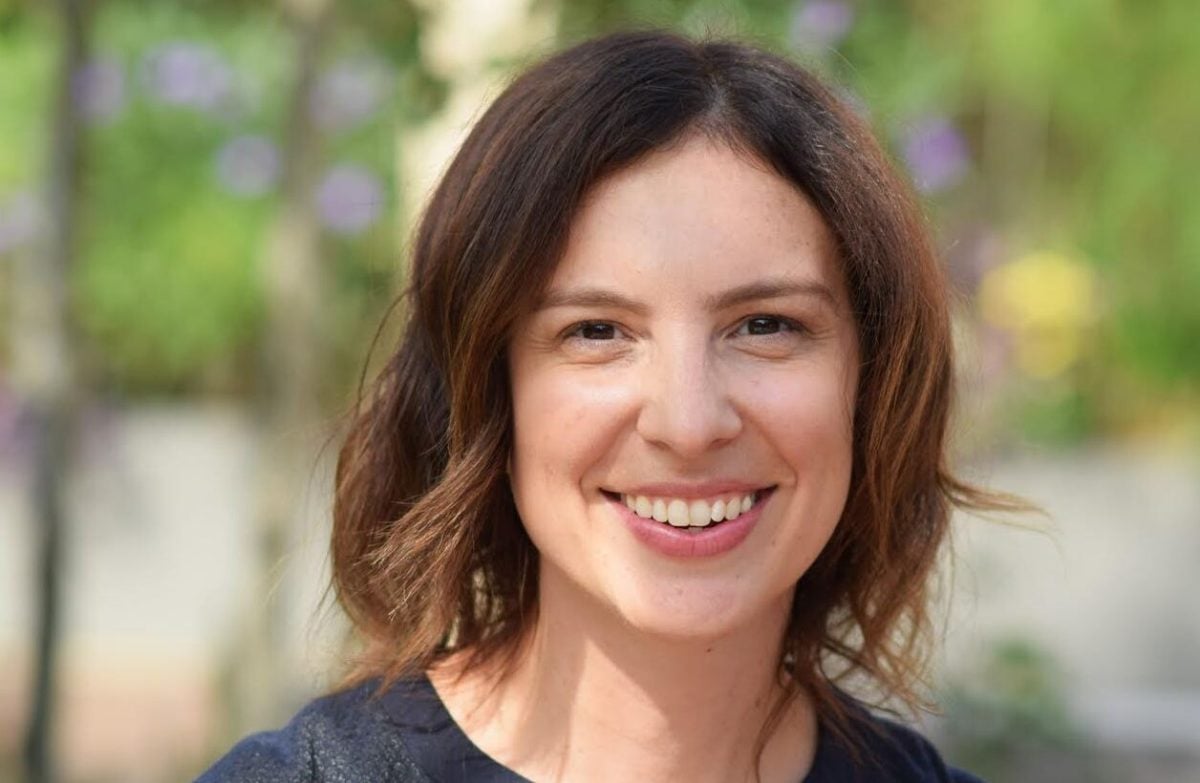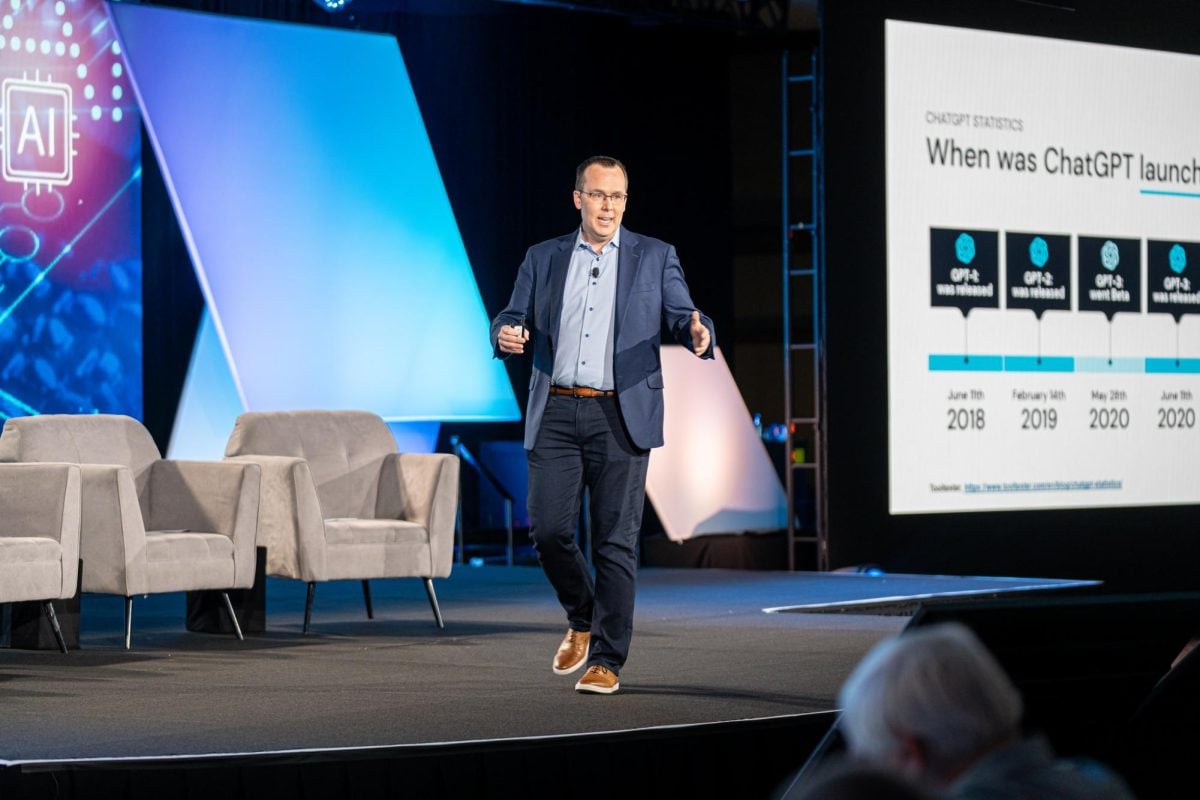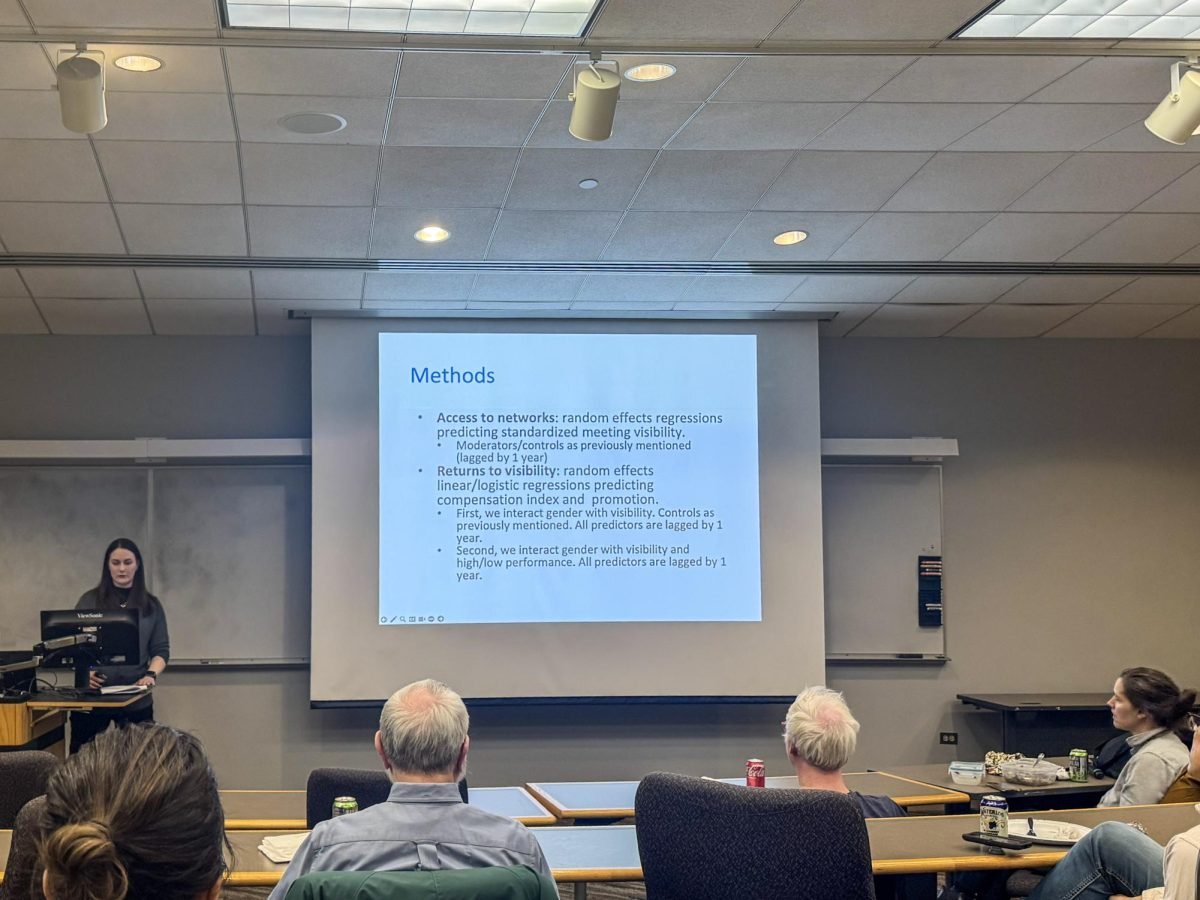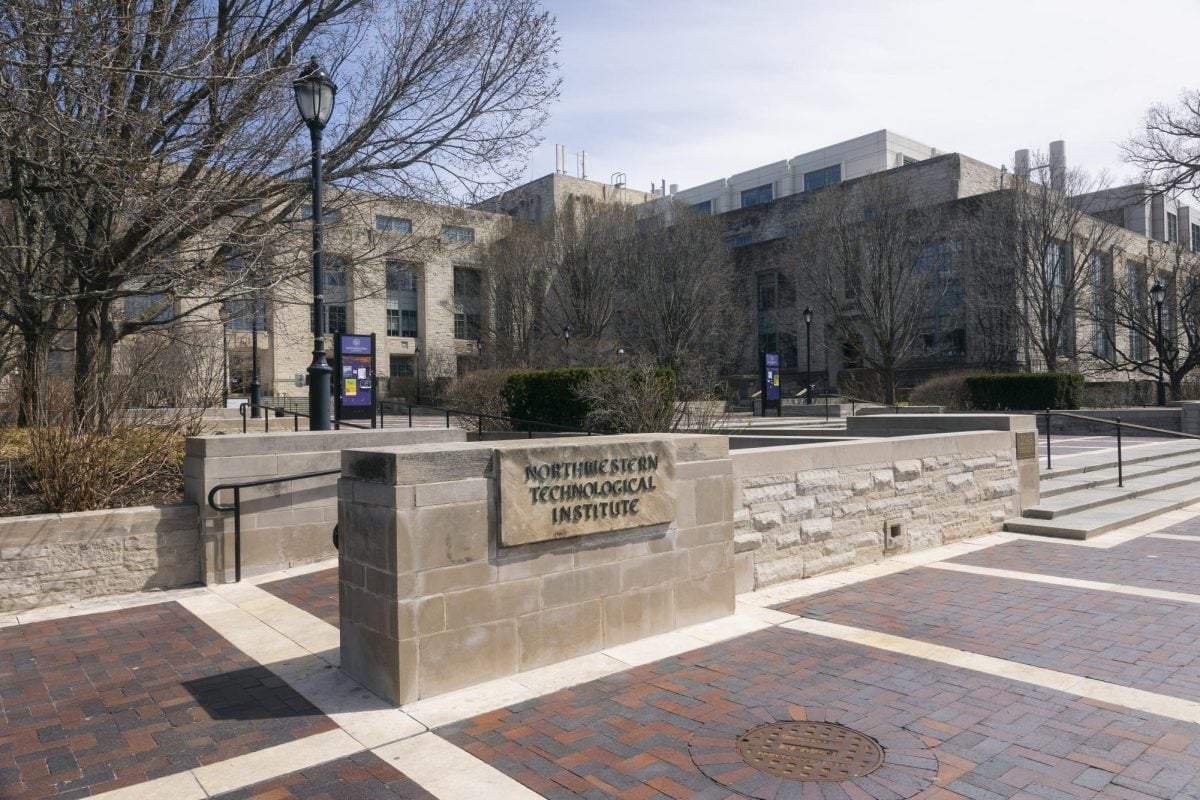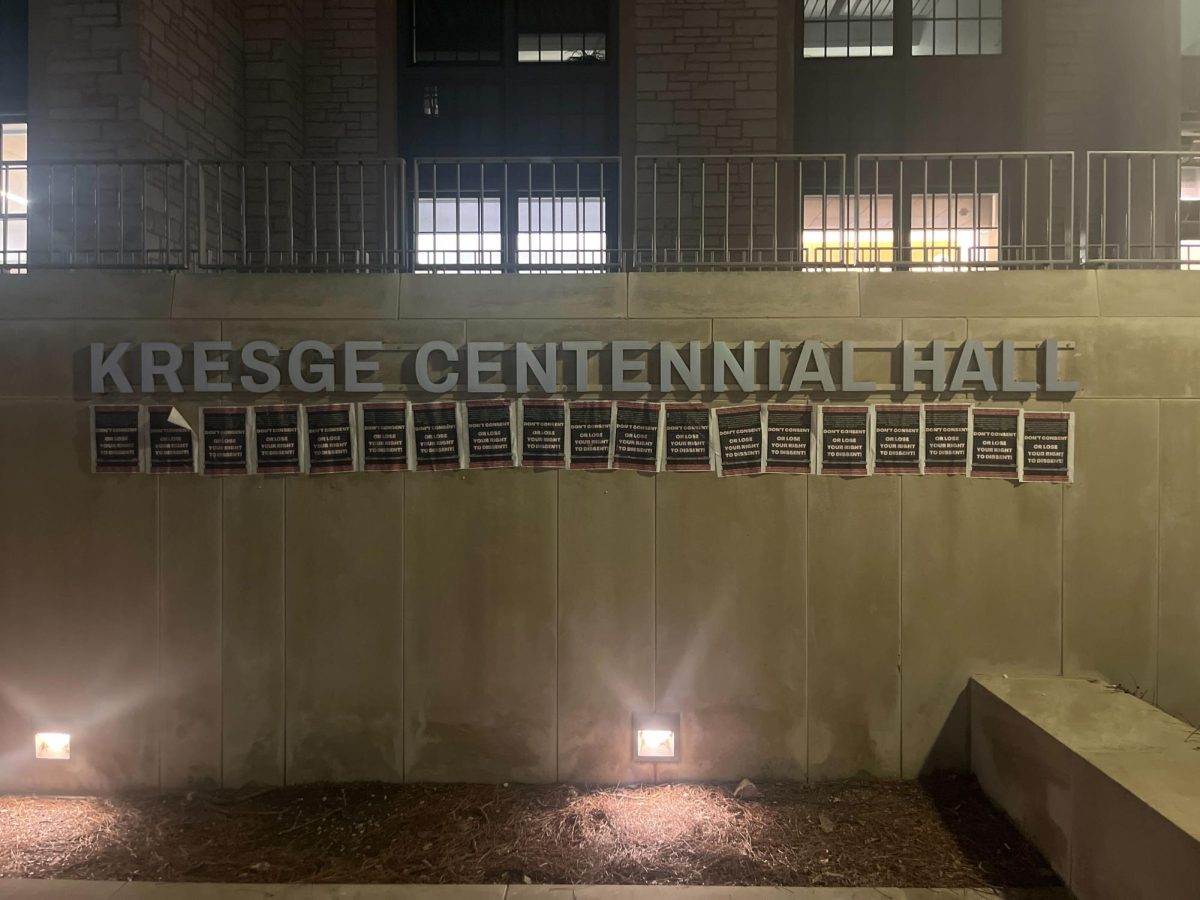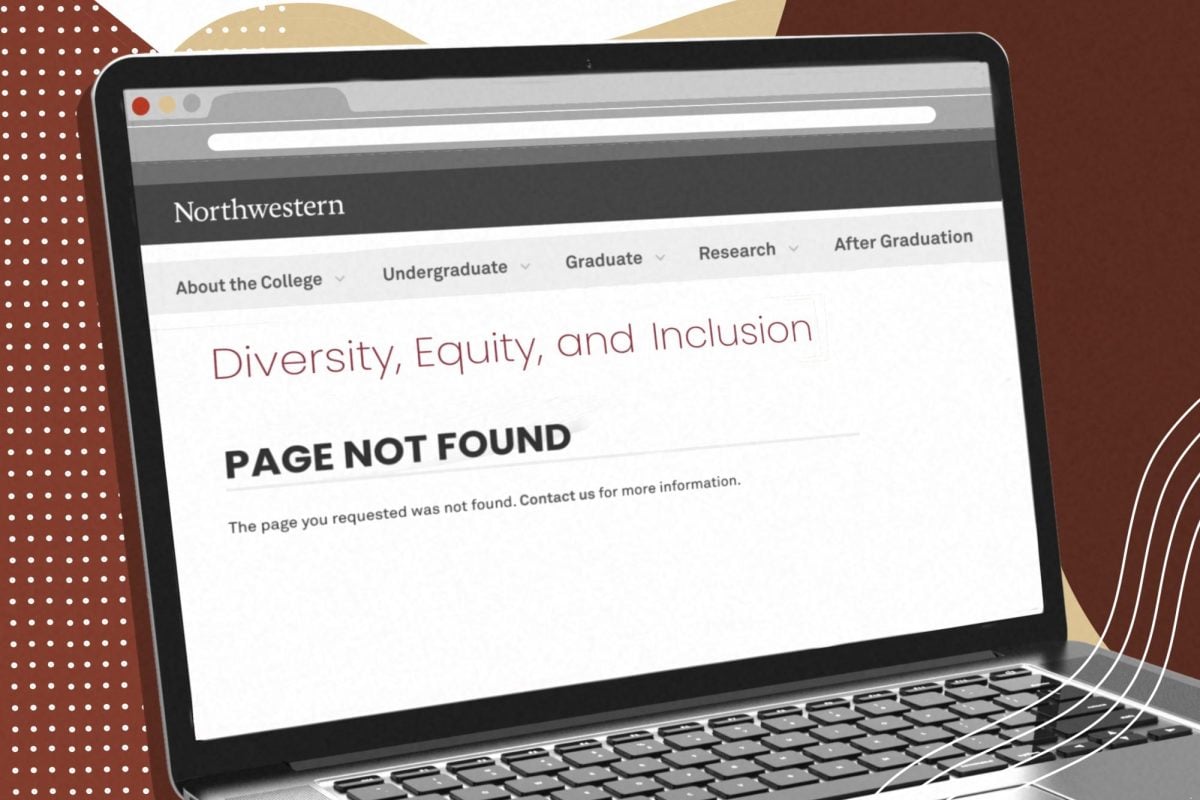New efforts by University administrators and the School of Continuing Studies will help add Northwestern to the growing list of universities looking to expand online course offerings.
Last week a newly formed committee comprised of faculty from across the University’s graduate and undergraduate schools began reexamining policies regarding online courses. The committee, headed by Mary Finn, associate dean for undergraduate academic affairs of the Weinberg College of Arts and Sciences, is tasked with evaluating how online courses and educational tools can be better incorporated at NU.
Although NU does offer several online masters programs, the University does not currently have online courses for undergraduate students. Additionally, Weinberg does not allow undergraduate students to count any online course credits toward their degrees. However, that could change in the near future based on the results of the committee’s discussions this school year.
“This is a rapidly evolving area, and Northwestern very much wants to be part of the group of institutions that helps shape online education,” said Provost Daniel Linzer, who initiated the committee’s formation in late September.
Linzer said the University’s examination of online education stemmed from conversations he had with NU deans and faculty members toward the end of last year.
Because each school at NU is responsible for forming its own curriculum and policies, the committee includes faculty from across the schools to address potential concerns about expanding the University’s selection of online courses and tools. A new educational technologies committee within Northwestern University Information Technology is also assessing what types of resources the University will need to support future online initiatives, Linzer said.
“We want to be careful that whatever we do retains the quality of learning and the quality of experience of an in-classroom course,” he said. “However we do it, we want to be sure that students interact with other students.”
University registrar Jaci Casazza said there is not an “organizing force” for NU’s online course offerings. Online programs at NU are confined to graduate programs and primarily offered through the School of Continuing Studies, she said.
The School of Continuing Studies currently offers four fully online masters programs in medical informatics; information systems; predictive analytics; and public policy and administration, said Joel Shapiro, associate dean of academic programs for the School of Continuing Studies.
Recently the school has been working to expand its selection of online programs at both the graduate and undergraduate levels. While Weinberg and the other undergraduate schools continue evaluating their online credit policies, the School of Continuing Studies is developing online accounting courses geared toward undergraduate students, Shapiro said.
The courses could constitute a new undergraduate certificate if Weinberg decides to change its policy for online credits, he said. The school is focusing on a discipline like accounting first because online platforms lend themselves well to methods-based classes, Shapiro said.
“When there are right and wrong ways of doing things and there are sets of good practices, it’s very easy to do it in a high-quality way online,” he said.
The School of Continuing Studies is also working with some NU undergraduate professors to experiment with hybrid online classes. For the past two summers, philosophy Prof. Sandy Goldberg has split the time for his Introduction to Philosophy class, devoting half to online work and half to in-classroom interactions.
The course, proposed by the School of Continuing Studies, fostered online discussions on the course management system Blackboard outside of class so that in-class time could be devoted to targeted activities, Goldberg said.
“Online courses are going to be a part of our future, there’s no doubt about that,” he said. “If that’s the case, the best thing to do is to figure out how we can use the resources that are online to help us teach better than we already do and more effectively than we already do.”
The Department of Philosophy is offering the course in the same half-online format this year, Goldberg said.
The School of Continuing Studies is also continuing to expand its online graduate programs this year, partnering with the Medill School of Journalism, Media, Integrated Marketing Communications to launch the school’s first fully online Integrated Marketing and Communications master’s program this fall.
Tom Collinger, executive director of the Medill IMC Spiegel Digital & Database Research Center, said the advantage of the new program is students’ ability to largely work through course material at their own pace.
Opponents to online education worry that these courses will not be as engaging and active as a traditional classroom environment. The new IMC graduate program works against that perception through group discussion threads and live phone conversations.
“Every class is built in a way where there is student engagement prompted and required all the time on every topic, every week,” Collinger said.
As the University continues to evaluate approaches to online education this year, Linzer said he expects to receive a range of new proposals from faculty.
“This is probably the most significant change to a centuries-old model of delivering information to students and helping them learn new material,” Linzer said. “You’re right in the middle of a time period when universities are going to question their modes of education in fundamental ways.”


